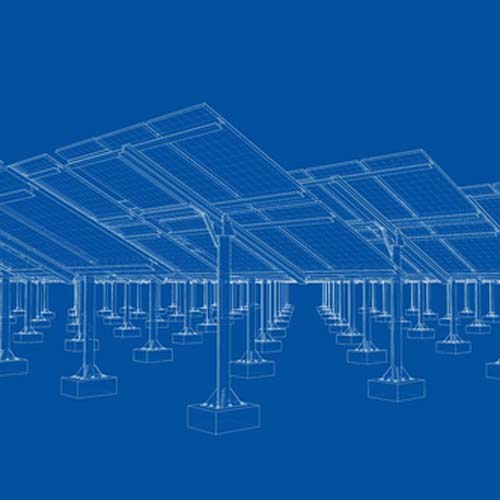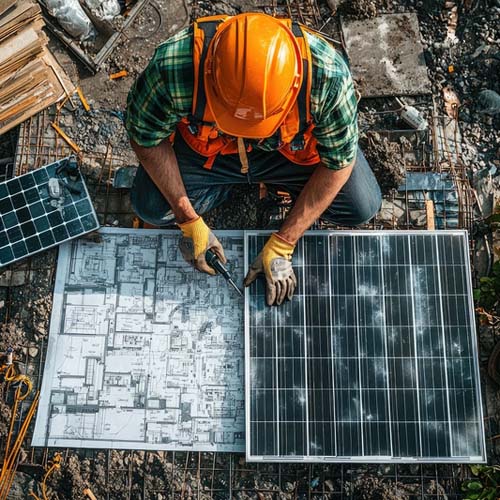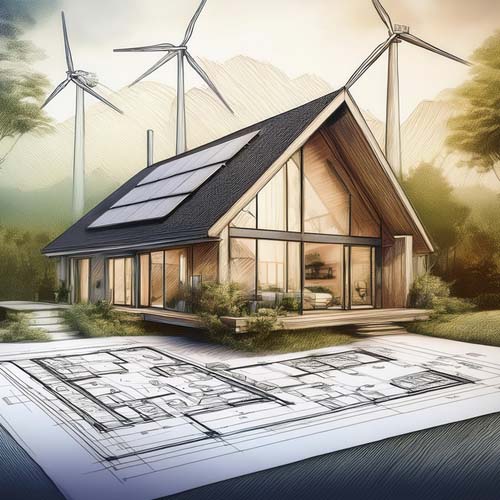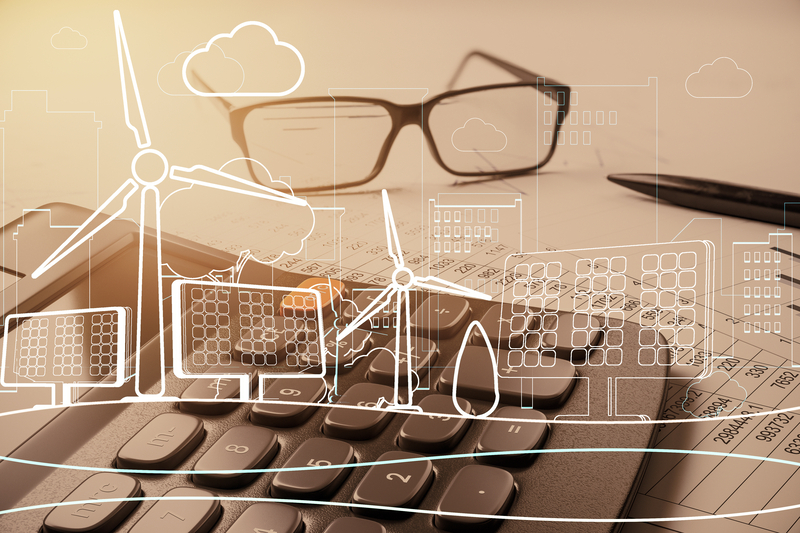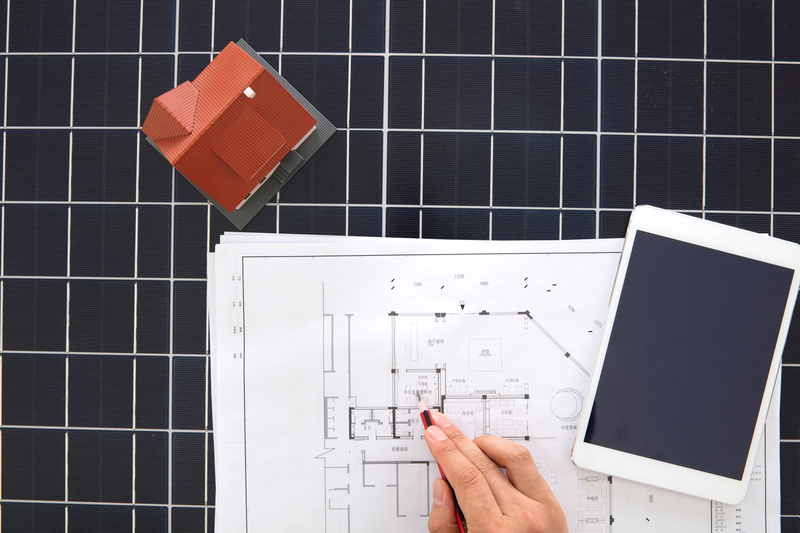Ad Tech Support
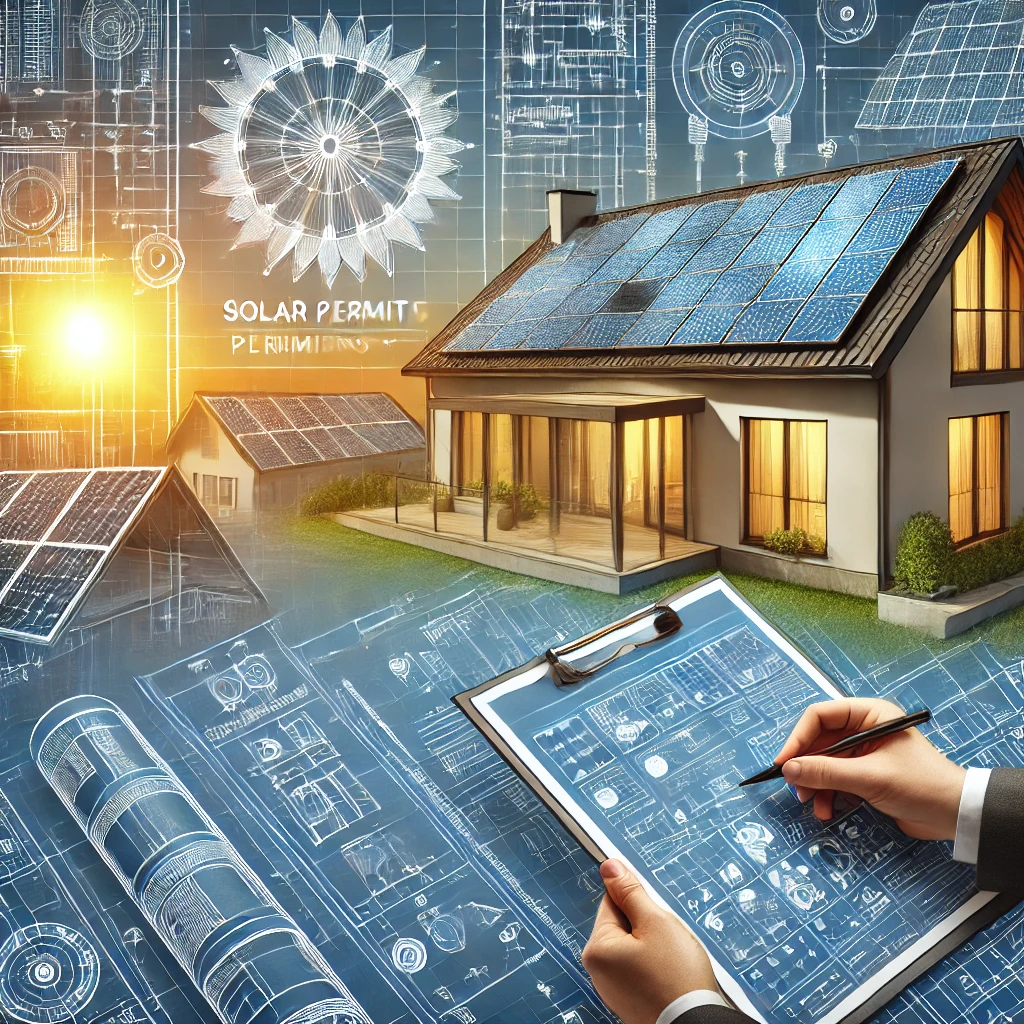
USA Premier Solar Technical , Equipment and Design Services
Solar Engineering Solar Equipment for Ag, Comercial and Residential.
You can Make your Own Energy
Why Proper Solar Planning and Engineering is a Must: Get the Best Plans for Your Permit
The world is shifting toward renewable energy, and solar power has emerged as one of the most accessible and sustainable solutions. Whether you're considering installing solar panels for your home, business, or large-scale industrial project, the importance of proper solar planning and engineering cannot be overstated. It's not just about putting up panels and hoping they work; it requires careful thought, expertise, and the right planning to ensure everything functions as intended, meets legal requirements, and ultimately provides long-term benefits.
In this guide, we’ll explore why proper solar planning and engineering is essential and how securing the best plans for your permit can make all the difference in the success of your solar project.
1. Ensuring Compliance with Local Codes and Regulations
When it comes to solar panel installations, local building codes and regulations are non-negotiable. Each municipality has its own set of rules governing solar energy systems, including structural requirements, electrical configurations, and safety protocols. Without a properly engineered and planned system, you could face delays, fines, or even rejection of your permit application.
A professional solar engineering firm knows the ins and outs of local regulations, ensuring that your design complies with all necessary codes. From the right mounting systems to electrical wiring diagrams, a well-prepared engineering plan covers every detail, ensuring a smooth approval process for your permits.
2. Maximizing Energy Production
One of the key goals of installing solar panels is to generate as much energy as possible, but achieving this requires thoughtful planning. The correct placement, orientation, and configuration of solar panels will directly impact how much sunlight they receive and how efficiently they produce energy.
An experienced solar engineer can analyze your site’s unique conditions—roof angle, shading, local weather patterns, and energy needs—and create a custom solar design that maximizes energy generation. Through advanced modeling tools, they can predict the energy output of your system over time, ensuring that your solar setup will meet your power demands for years to come.
3. Avoiding Costly Mistakes
When you cut corners in the planning and engineering phase, you run the risk of facing hidden costs down the line. Poorly designed solar systems may require costly reworks, such as repositioning panels, rewiring, or upgrading structural components. These issues are often discovered after installation, when it's too late to avoid costly delays or repairs.
Proper solar planning, on the other hand, ensures that the system is designed right the first time. Solar engineers perform detailed calculations to determine the exact specifications and optimal layout of the system. By doing so, they help you avoid unnecessary expenses and unforeseen issues during installation and beyond.
4. Addressing Site-Specific Challenges
Not every building or site is created equal. Depending on your location, weather conditions, and the structure of your property, certain challenges may arise that require specialized attention. For example, homes or businesses in areas prone to high winds, heavy snowfall, or extreme temperatures may need additional structural considerations to ensure the solar panels remain secure and effective.
An engineer with local experience will factor in your site’s unique challenges and customize the system design to ensure durability and performance. Without proper engineering, you may face serious risks of system failure or inefficiency, particularly during harsh weather events.
5. Optimizing System Performance and Lifespan
A well-engineered solar system is one that performs at its peak for the longest possible time. Proper solar planning includes choosing the right materials, optimizing panel placement, ensuring proper wiring, and integrating effective monitoring systems. All of these elements contribute to the overall efficiency and longevity of the system.
Engineered designs take into account future maintenance needs and potential upgrades, meaning your solar system can grow with your energy demands. A well-thought-out system will also ensure that the energy produced is clean, reliable, and sustainable for decades, providing excellent value for your investment.
6. Streamlining the Permit Process
One of the most common frustrations with solar installation projects is navigating the permit process. Different cities, counties, and states require different levels of documentation, and some might reject incomplete or inaccurate applications. That’s why having a well-documented, precise solar plan is crucial.
A professional engineering team will work with you to prepare the necessary documentation, ensuring your application is clear, thorough, and in full compliance with all regulations. This may include structural analysis reports, electrical diagrams, load calculations, and more. A high-quality plan means that your permit approval process will be faster, smoother, and more efficient, saving you time and hassle.
7. Safeguarding Against Future Upgrades and Changes
The energy needs of your property or business can evolve over time. As your electricity consumption increases or new energy-efficient technologies become available, your solar system may need to be upgraded or expanded. Proper solar engineering ensures that your system is designed with future flexibility in mind.
By taking a comprehensive approach to system design, solar engineers ensure that the infrastructure can accommodate additional panels or energy storage solutions without requiring a complete overhaul. This foresight makes it easier and more cost-effective to adapt your solar system to future energy needs.
8. Improving System Safety
Safety is paramount when installing solar systems, and improper planning or engineering can result in serious electrical hazards. Electrical components must be correctly wired, grounded, and protected to prevent short circuits, fires, or system malfunctions. Solar systems also need to comply with safety standards set by national and local authorities.
A properly engineered system incorporates all necessary safety features, such as circuit breakers, fuses, and grounding techniques, ensuring the protection of your home or business and the people around it. Expert solar engineers will follow best practices to mitigate potential safety risks, ensuring the system operates safely throughout its lifespan.
9. Boosting Property Value
A professionally installed and well-designed solar system can significantly increase the value of your property. Solar energy is a desirable feature for many buyers, offering lower utility costs and environmental benefits. However, not all solar systems are created equal—an improperly planned or poorly installed system may turn away potential buyers.
A clean, efficient, and reliable solar installation, backed by a proper engineering plan, provides peace of mind to potential buyers, knowing that the system will be cost-effective and built to last. This can lead to a higher property resale value and a more attractive investment.
10. Navigating Incentives and Financing
Many governments, utilities, and other entities offer financial incentives and rebates for those investing in solar energy. However, to qualify for these incentives, your system must meet certain specifications and be designed according to industry standards. This means that accurate engineering plans are essential not only for permits but for ensuring that you can access these valuable financial benefits.
Working with an experienced team that understands the requirements for local, state, and federal incentives ensures that your system is eligible for the best possible financing and rebate opportunities, further reducing the cost of your investment.
Conclusion: Partner with Experts for the Best Solar Plan
The key to a successful solar project lies in proper planning and engineering. It’s not just about installing panels and wiring; it’s about creating a sustainable, efficient, and cost-effective system that will serve you for decades. Whether you're installing solar for a home, business, or commercial property, investing in expert planning and engineering is essential for maximizing performance, minimizing costs, and ensuring compliance with all regulations.
To get the best plans for your solar permit and to ensure your installation is done right, partner with a professional solar engineering team that understands the complexities of solar design and installation. With their expertise, you'll have peace of mind knowing that your solar system is built to last, performs optimally, and provides exceptional value over the long term.
Get Help from Ad Tech Support, Who are familiar with the specific challenges and regulations in your area.
SolarEdge StorEdge™ & MidNite Solar Grid-Tie Battery Backup.
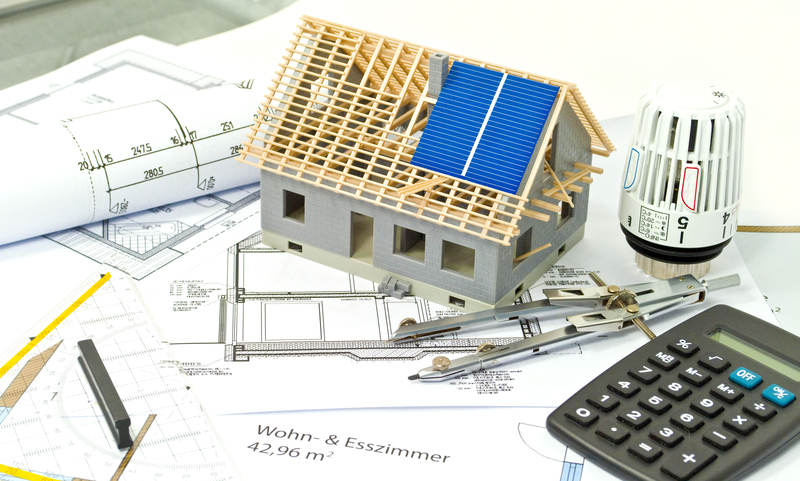
Solar Permit Plans
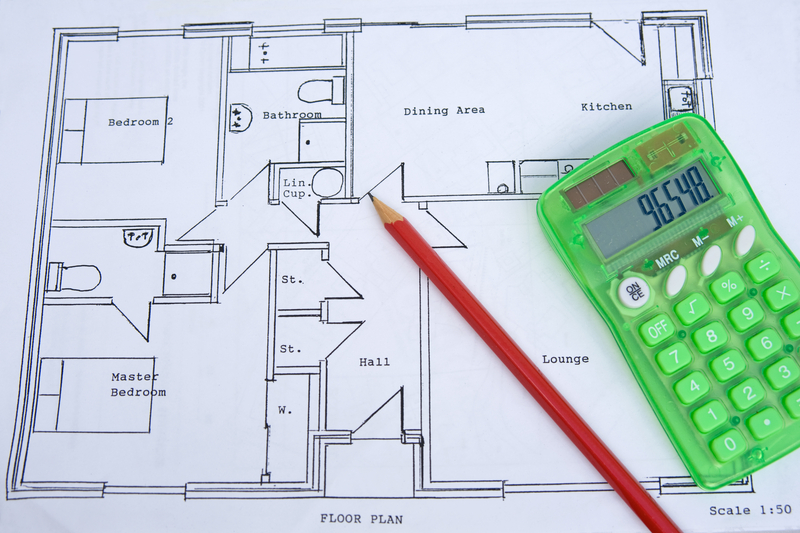
Rack Mounting Panel Plans
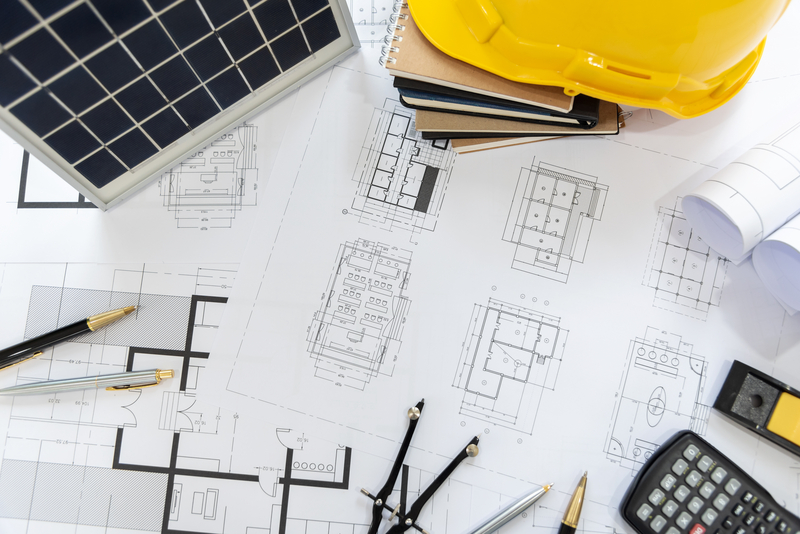
Agricullture Solar Designs
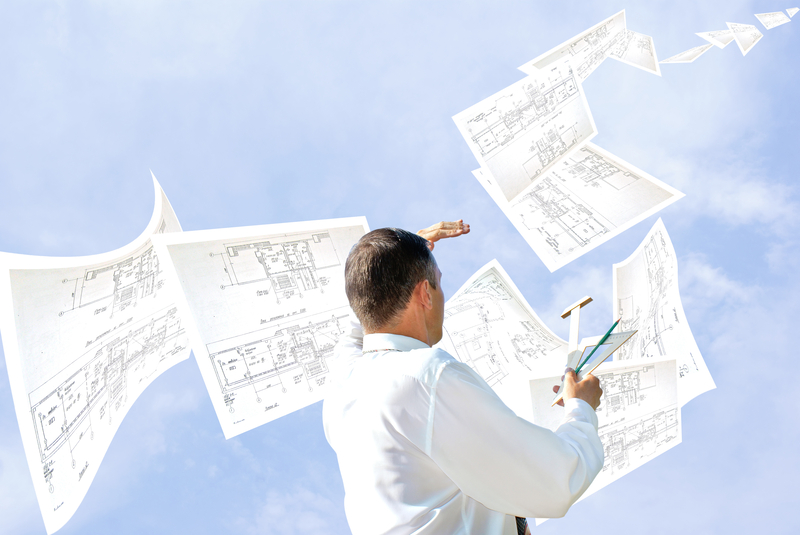
Energy heaven

